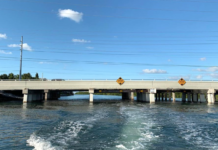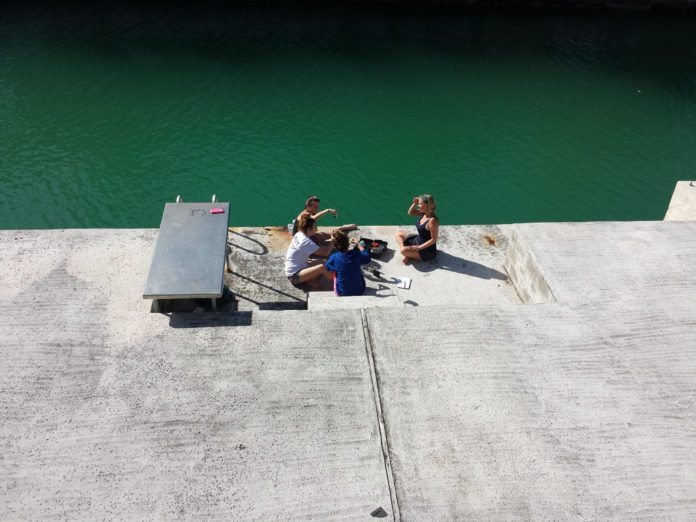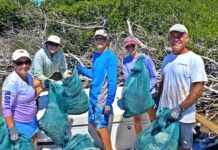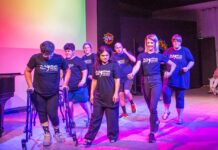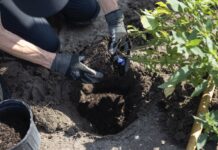On Monday, Aug. 17, Shelly Kruege will be teaching citizen “scientists” how to test canal water quality in Key Largo. The Florida Keys Water Watch program is based on a 22-year old similar program testing stream water n Georgia.
So far, there are 20 sites in the Keys spanning from Key West to Islamorada. Already, 50 test results have been added to the database to monitor island water quality. Interested members of the public will learn to monitor the canal for dissolved oxygen, pH, salinity and temperature. Florida Keys Water Watch provides the testing equipment free of charge to test each site, independent of a laboratory, so participants can see the results in real time.
“The value of this study is that it provides long-term monitoring and data so we can assess trends over time,” Kruege said. “If you just sample once, it only provides a snap shot. But monthly monitoring by citizens will tell us what the water is doing in the long term — whether its improving, deteriorating or staying the same.”
Kruege, a Florida Sea Grant agent with the University of Florida Extension Office in Monroe County, said she plans to conduct more workshops in the coming months. Most recently, workshops were conducted on No Name Key and Boca Chica. She said she can present workshops to individual residents, or neighborhood groups.
Anne Osguard, of Founders Park in Islamorada, lead the charge with four students from the city’s Youth Council.
“We started in March of 2015, testing the water in the park’s marina basin,” Osguard said. “When the kids get back from summer break, we hope to continue the program and possibly add more students and more sites to sample.”
To become a trained Florida Keys Water Watch volunteer, participants must attend a Florida Keys Water Watch workshop, which may be scheduled individually (canalside) or attend a community workshop. The workshops are typically four hours and include a 30-minute PowerPoint presentation, training for the chemical kits in the field, and a short written test. Volunteer responsibilities are to monitor at least one site, at least once a month; some volunteers choose to monitor multiple sites more often than once per month.
The next workshop is slated for Key Largo from 10 a.m. to 2 p.m. at the Murray Nelson Government Center, MM 102. To reserve a spot, call Shelly Krueger at 305-292-4501.













